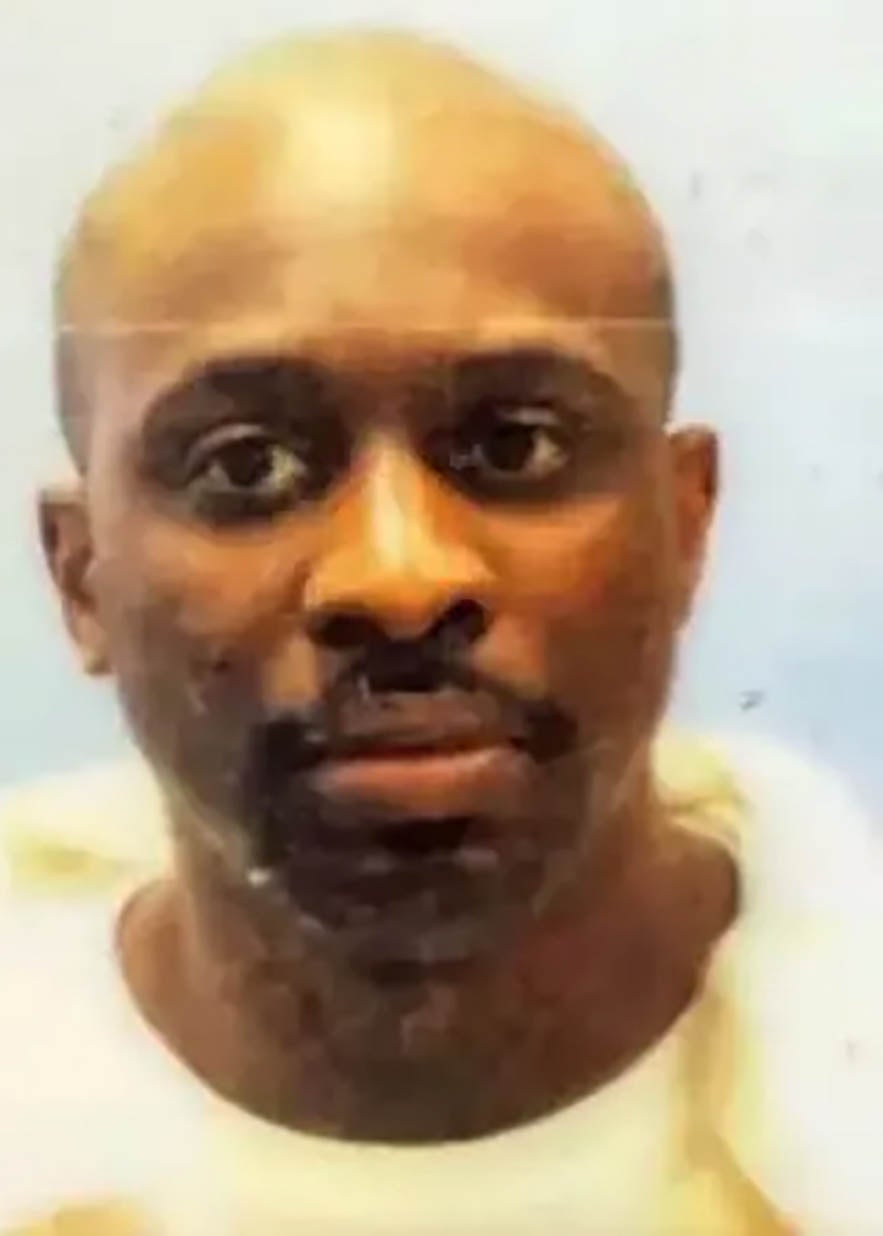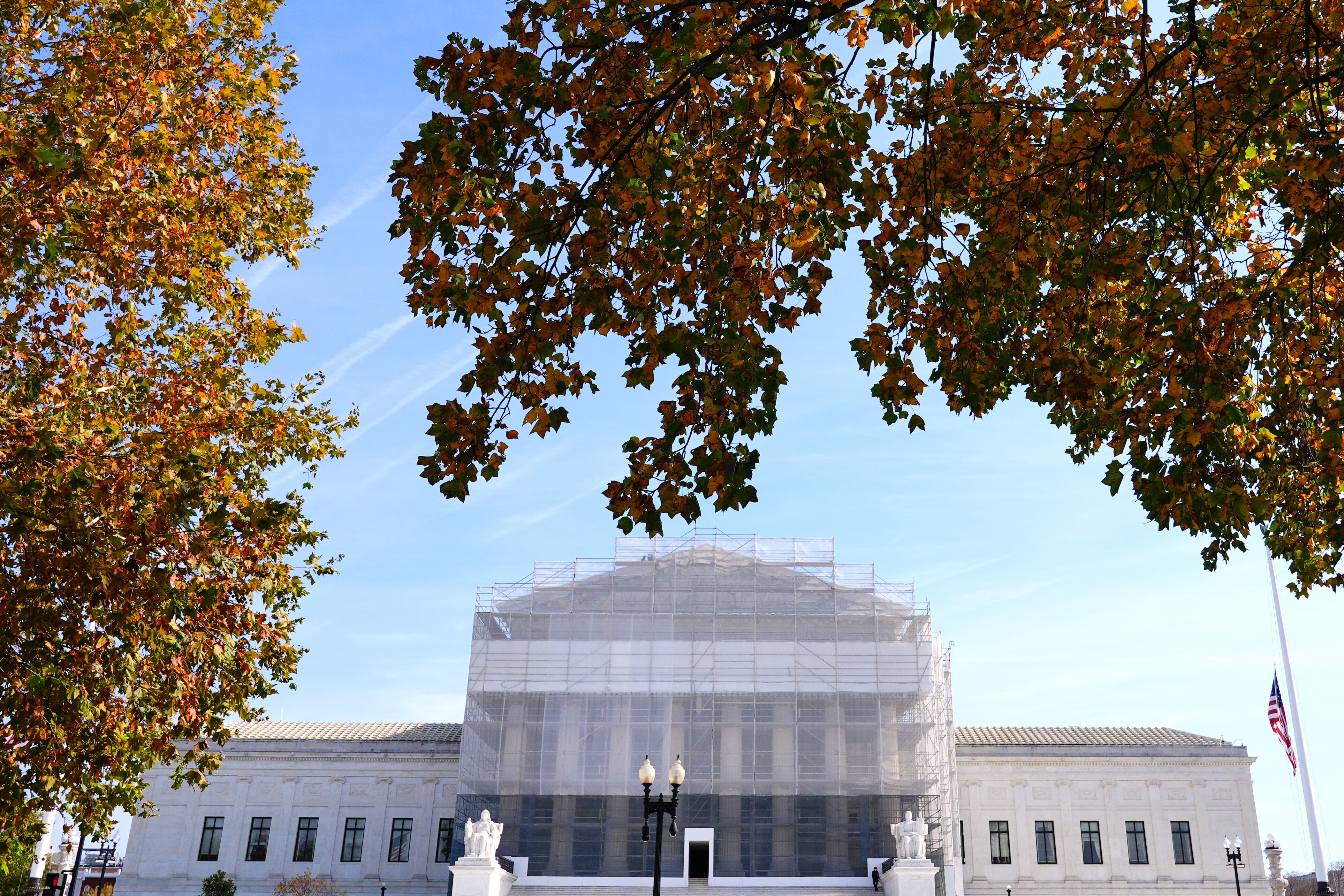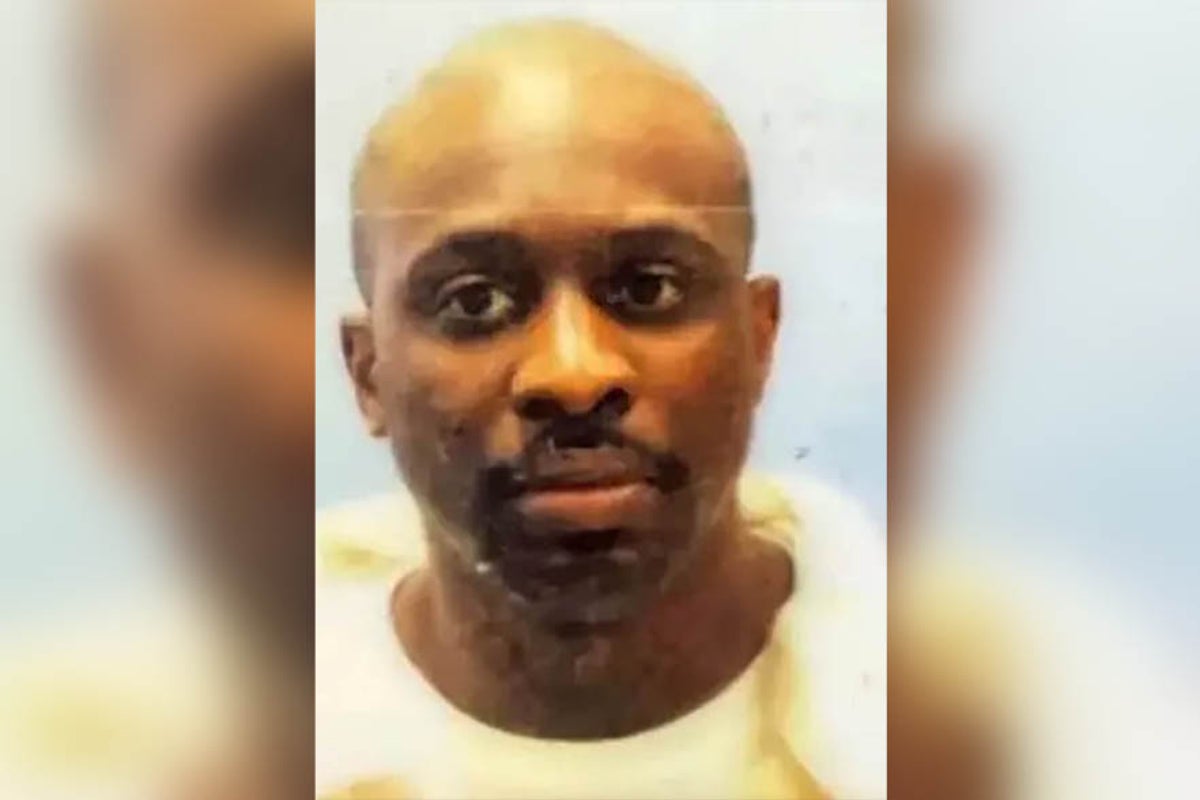The US Supreme Court has considered whether a former Louisiana inmate can seek financial compensation from prison officials who cut his dreadlocks, an act he claims violated his Rastafari religious beliefs.
Justices heard arguments in the case of Damon Landor, who is attempting to sue for damages under a federal law designed to protect the religious rights of those incarcerated.
Following two hours of intense debate, the court’s three liberal justices appeared to side firmly with Landor.
However, it remains uncertain if any of the six conservative justices, two of whom would be needed for a majority, will join them.
No party is defending the actions taken against Landor in 2020, when guards forcibly removed the dreadlocks he had grown for nearly two decades.
Yet, Louisiana contends that the Religious Land Use and Institutionalized Persons Act cannot be used to hold officials financially accountable for such violations. Lower courts have consistently ruled against Landor and others pursuing similar claims.
Justice Amy Coney Barrett acknowledged the “egregious” facts of the case but noted the uniform opposition from lower court rulings.

The justices could be guided by their decision in 2020 allowing Muslim men to sue over their inclusion on the FBI’s no-fly list under a sister statute, the Religious Freedom Restoration Act.
The Justice Department, which argued against the plaintiffs in the no-fly list case in President Donald Trump’s first administration, now agrees with Landor.
When Landor entered the prison system for a five-month term in 2020, he carried a copy of an appeals court ruling in another inmate’s case holding that cutting religious prisoners’ dreadlocks violated the federal law.
At his first two stops, officials respected his beliefs. But things changed when he got to the Raymond Laborde Correctional Center in Cottonport, about 80 miles (130 kilometers) northwest of Baton Rouge, for the final three weeks of his term.
A prison guard took the copy of the ruling Landor carried and tossed it in the trash, according to court records. Then the warden ordered guards to cut his dreadlocks. While two guards restrained him, a third shaved his head to the scalp, the records show.

Landor sued after his release, but lower courts dismissed the case. The 5th U.S. Circuit Court of Appeals lamented Landor’s treatment but said the law doesn’t allow him to hold prison officials liable for damages.
Louisiana wrote that “the state has amended its prison grooming policy to ensure that nothing like petitioner’s alleged experience can occur.”
The Rastafari faith is rooted in 1930s Jamaica, growing as a response by Black people to white colonial oppression. Its beliefs are a melding of Old Testament teachings and a desire to return to Africa. Its message was spread across the world in the 1970s by Jamaican music icons Bob Marley and Peter Tosh, two of the faith’s most famous exponents.
A decision in Landor v. Louisiana Department of Corrections, 23-1197, is expected by spring.




